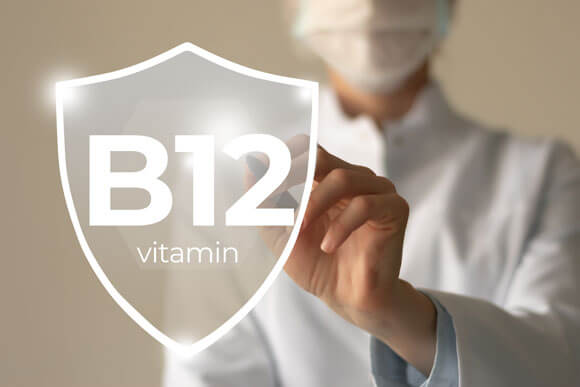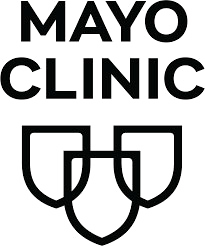The Comprehensive Guide to Vitamin B12 Injections: Understanding Benefits, Usage, and Safety

Welcome to our comprehensive guide on Vitamin B12 injections. In this post, we’ll delve into the importance of Vitamin B12 for overall health and explore the reasons why some individuals may opt for injections rather than relying solely on dietary sources. Vitamin B12, also known as cobalamin, is a crucial nutrient that plays a vital role in various bodily functions, including nerve function, energy production, and red blood cell formation. While it’s commonly found in animal products like meat, fish, and dairy, certain populations may struggle to obtain adequate amounts through diet alone. This is where Vitamin B12 injections come into play, offering a convenient and effective solution for addressing deficiencies and reaping the numerous benefits associated with optimal Vitamin B12 levels.
What is Vitamin B12?
Vitamin B12 is a water-soluble vitamin that is essential for maintaining healthy nerve cells, synthesizing DNA, and forming red blood cells. It is naturally found in animal products such as meat, fish, eggs, and dairy products. However, Vitamin B12 is not synthesized by plants, which means that individuals following a strict vegetarian or vegan diet may be at risk of deficiency if they do not consume fortified foods or supplements.


When and Why Vitamin B12 Injections are Necessary
Vitamin B12 injections are typically recommended when individuals have difficulty absorbing Vitamin B12 from dietary sources or when they have a diagnosed deficiency that requires immediate correction. Common reasons for Vitamin B12 deficiency include pernicious anemia, gastrointestinal disorders, or certain medications that interfere with absorption. In such cases, injections provide a direct and efficient way to deliver Vitamin B12 into the bloodstream, bypassing potential absorption issues in the digestive system.
Benefits of Vitamin B12 Injections
The benefits of Vitamin B12 injections are numerous and can have a significant impact on overall health and well-being. One of the most notable benefits is the potential to boost energy levels and reduce fatigue, making it especially beneficial for individuals experiencing symptoms of tiredness or weakness. Additionally, Vitamin B12 plays a crucial role in maintaining healthy nerve function, which can help alleviate symptoms of neuropathy or nerve damage. Improved mood and cognitive function are also associated with adequate Vitamin B12 levels, as it is involved in the production of neurotransmitters such as serotonin and dopamine. Furthermore, Vitamin B12 injections support the formation of red blood cells, which are essential for carrying oxygen throughout the body and preventing anemia.


Who Can Benefit from Vitamin B12 Injections?
Several groups of individuals may benefit from Vitamin B12 injections, including those with diagnosed deficiencies, vegetarians and vegans, and individuals with certain medical conditions that affect absorption. Vegetarians and vegans, in particular, may have difficulty obtaining sufficient Vitamin B12 from plant-based sources alone, making injections a valuable option for maintaining optimal levels. Likewise, individuals with conditions such as pernicious anemia or Crohn’s disease may require injections to overcome absorption issues and prevent complications associated with Vitamin B12 deficiency.
How Vitamin B12 Injections Work
Vitamin B12 injections deliver a concentrated dose of the vitamin directly into the muscle or bloodstream, ensuring rapid absorption and utilization by the body. Unlike oral supplements, which must pass through the digestive system and may be subject to absorption limitations, injections offer a more efficient delivery method, making them ideal for individuals with compromised absorption or severe deficiencies. The frequency and dosage of Vitamin B12 injections can vary depending on the individual’s needs and medical history, so it’s essential to consult with a healthcare professional to determine the most appropriate regimen.


Are Vitamin B12 Injections Safe?
While Vitamin B12 injections are generally considered safe when administered under the guidance of a healthcare professional, it’s essential to be aware of potential side effects and risks. Common side effects may include pain or discomfort at the injection site, mild nausea, or transient skin reactions. In rare cases, allergic reactions or complications such as infection or nerve damage may occur, highlighting the importance of proper administration and monitoring. As with any medical treatment, it’s crucial to discuss the potential risks and benefits with your healthcare provider and to follow their recommendations for dosage and frequency.
Conclusion
While Vitamin B12 injections are generally considered safe when administered under the guidance of a healthcare professional, it’s essential to be aware of potential side effects and risks. Common side effects may include pain or discomfort at the injection site, mild nausea, or transient skin reactions. In rare cases, allergic reactions or complications such as infection or nerve damage may occur, highlighting the importance of proper administration and monitoring. As with any medical treatment, it’s crucial to discuss the potential risks and benefits with your healthcare provider and to follow their recommendations for dosage and frequency.
References
For more information on Vitamin B12 injections and their benefits, please refer to the following reputable sources:


National Institutes of Health:
Office of Dietary Supplements

Mayo Clinic:
Vitamin B12

Harvard Health Publishing:
Vitamin B12 deficiency
